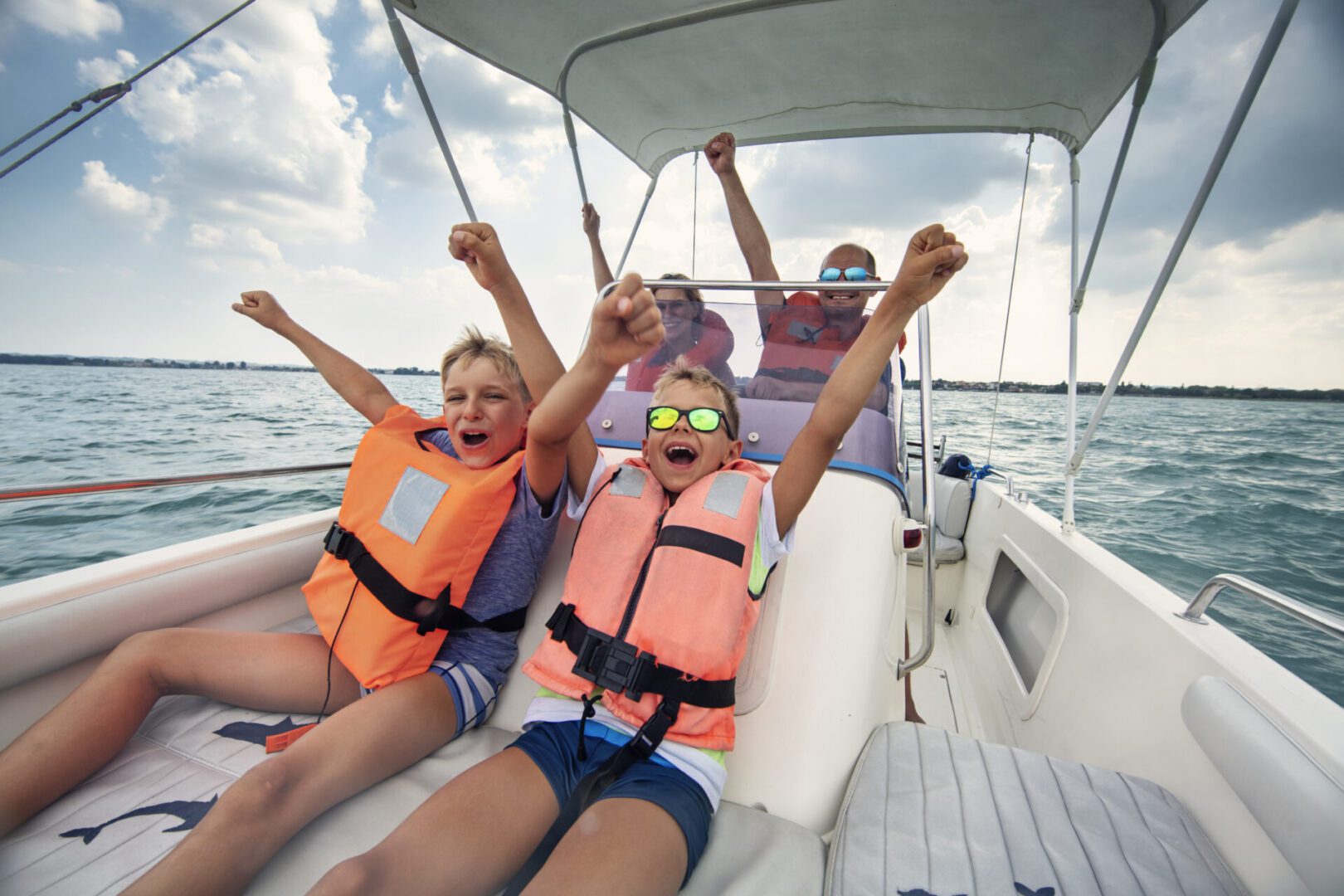Floating your boat: Safety tips for recreational boaters

Boating may be an integral part of your summer and something you look forward to every time you’re planning to go out. Without the proper precautions, though, it doesn’t take long for disaster to strike, which could result in your property being damaged and you and your fellow passengers injured or even killed. By following the suggestions listed below, you can decrease your risk of harm and boat safely. Before going out on the water, you can
get your boat checked for free by the Coast Guard Auxiliary to eliminate worry about what may or may not be up to par. This can take the pressure off you to remember every part that should be tested at the start of a season or before a boating excursion. If you are responsible for driving or helping to operate a boat, you are required to obtain a boater education certificate in
Pennsylvania and
Maryland. But even if you have the certificate, it’s a good idea to stay educated on boating safety and any new rules you will be required to follow. The National Safe Boating Council offers a variety of
free boat safety videos on its website for anyone who needs a refresh. Ideally, everyone should wear a life jacket at any point they are on the boat. At the very least, you are typically legally required to have life jackets with you on the boat for everyone on board. Children, especially, should never take their life jackets off until they’ve reached land—this is the law in most states. Having a well-fitting life jacket that is intended for your size and weight is critical to ensure it will do its part in protecting you in the case of an emergency. All state-specific requirements, from boat driving to life jacket-wearing, can be accessed using the
National Association of State Boating Law Administrators’ online dashboard
.
Pack your emergency kit:
It’s smart to keep a safety kit on board that contains everything you can use in the case of an emergency. A well-stocked kit includes:- Extra sets of dry clothes for everyone on board
- Duct tape to fix small leaks
- Bucket for leaks
- Flashlight
- Whistle and mirror to signal for help
- Red handheld flares
- Fire extinguisher (yes, fires can happen even while you’re on the water!)
- Garbage bags to use as rain covers
- Ropes to help people out of the water if they fall in